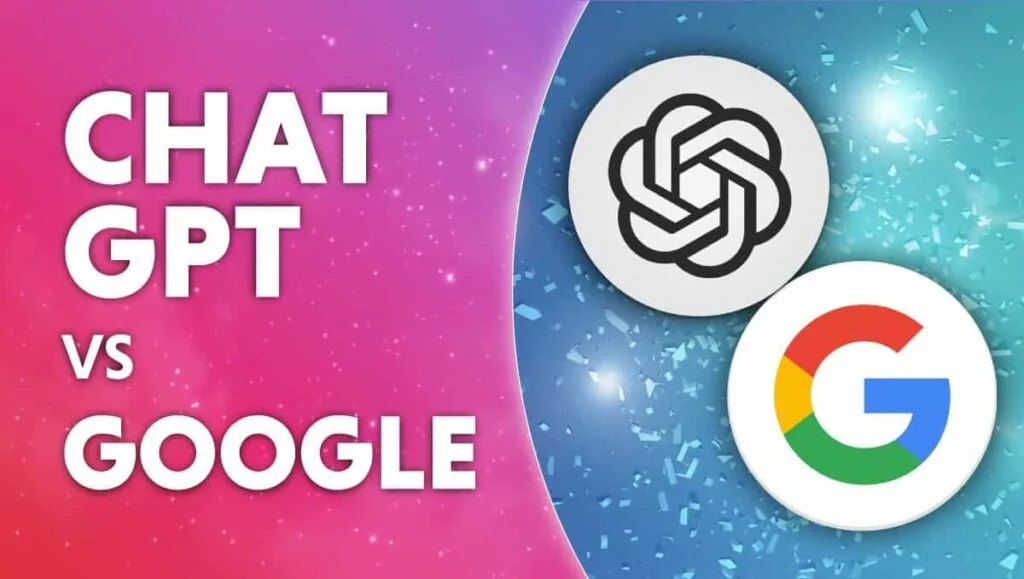Artificial Intelligence (AI) is no longer just a futuristic dream—it has become a driving force behind innovations in nearly every industry. As we enter 2025, AI is reshaping businesses, healthcare, education, and even everyday life in ways that were unimaginable just a decade ago.
From AI-powered automation in the workplace to self-driving cars and intelligent healthcare systems, AI is playing a significant role in global development. But with its rapid rise come challenges: Will AI replace jobs? Is AI ethical? How will AI impact the global economy?
In this in-depth article, we explore how AI is transforming the world in 2025, its opportunities, challenges, and what the future holds.
Table of Contents
1. AI in Business: The Ultimate Workforce Enhancer
Businesses worldwide are harnessing the power of AI to streamline operations, reduce costs, and improve efficiency. In 2025, AI is no longer a tool for tech giants alone—small businesses and startups are leveraging AI to gain a competitive edge.
How AI is Automating Business Operations
- AI-Powered Chatbots: AI chatbots now handle customer inquiries 24/7, reducing the need for human customer service representatives. These bots can answer queries, troubleshoot issues, and even process transactions.
- AI in Marketing: AI tools analyze consumer behavior, personalize advertisements, and generate marketing content tailored to individual users, increasing engagement and conversions.
- AI in Human Resources: AI-driven recruitment tools screen job applicants, conduct preliminary interviews, and even predict employee performance, streamlining the hiring process.
AI in Finance: Smarter Decisions, Lower Risks
The finance industry is witnessing a revolution with AI-driven automation.
- Fraud Detection: AI detects unusual transactions and prevents financial fraud by analyzing vast amounts of data in real-time.
- Stock Market Predictions: AI models analyze historical market data to predict stock price movements, helping investors make informed decisions.
- Automated Banking: AI-powered banking assistants help users manage their finances, offering insights into spending habits and providing investment recommendations.
2. AI in Healthcare: Revolutionizing Medical Treatment
AI is making groundbreaking contributions to the healthcare sector, saving lives, improving diagnostics, and making treatments more efficient.
How AI is Changing the Medical Industry
- Early Disease Detection: AI-powered diagnostic tools detect diseases like cancer, Alzheimer’s, and heart conditions at an earlier stage than traditional methods, significantly improving survival rates.
- AI-Assisted Surgeries: Robotic surgical systems guided by AI provide unparalleled precision, reducing recovery times and improving success rates.
- Drug Discovery and Development: AI accelerates the discovery of new drugs by analyzing massive datasets, reducing the time needed to bring new medicines to market.
AI and Personalized Medicine
AI tailors treatments based on individual patient data, offering personalized medicine that improves health outcomes. By analyzing genetic information, AI can recommend the most effective treatments for specific conditions, paving the way for precision medicine.

3. AI in Education: Personalized Learning for Every Student
The education sector is undergoing a major transformation with AI-driven learning platforms.
How AI is Enhancing Education in 2025
- AI Tutors: Virtual tutors provide personalized learning experiences, helping students grasp difficult concepts at their own pace.
- Automated Grading: AI automates the grading process, allowing teachers to focus more on student interaction and lesson planning.
- Language Translation: AI-powered language translation tools enable students from different linguistic backgrounds to access educational content in their native language.
Challenges of AI in Education
While AI improves accessibility, concerns remain about data privacy and the potential replacement of human teachers. Ethical considerations are being debated on how much AI should influence the learning process.
4. AI in Everyday Life: Smart Homes, AI Assistants, and More
AI is becoming an integral part of everyday life, from smart home automation to AI-powered personal assistants.
Smart Homes: The AI-Powered Lifestyle
- AI-Powered Security: AI-driven surveillance systems recognize faces and detect unusual activities, ensuring home security.
- Energy Efficiency: AI adjusts heating, lighting, and cooling based on user behavior, reducing energy consumption.
- Voice Assistants: AI-powered voice assistants like Alexa and Google Assistant handle daily tasks, from setting reminders to controlling smart appliances.
Self-Driving Cars: The Future of Transportation
Autonomous vehicles are making significant strides, with AI improving road safety and efficiency. Companies like Tesla, Waymo, and others are working on refining self-driving technology to make it safer and more reliable.
- AI Navigation Systems: Advanced AI-driven navigation systems ensure efficient route planning, reducing traffic congestion.
- Accident Prevention: AI-powered safety features detect potential collisions and take preventive measures, reducing road accidents.
5. AI and the Job Market: Opportunity or Threat?
With AI automating numerous tasks, concerns about job displacement are growing. However, AI is also creating new career opportunities.
Jobs at Risk Due to AI Automation
- Manufacturing Jobs: AI-driven robots are replacing manual labor in factories, leading to reduced demand for human workers.
- Customer Service: AI chatbots and virtual assistants are taking over customer service roles.
- Data Entry and Administrative Roles: AI automation reduces the need for repetitive data entry and administrative tasks.
New Career Opportunities in AI
- AI Engineers and Developers: The demand for AI specialists is soaring, with companies seeking experts in machine learning and AI development.
- AI Ethics Consultants: With growing concerns over ethical AI, specialists in AI regulation and governance are in high demand.
- AI Trainers: AI models require training and continuous improvement, creating opportunities for AI trainers and data scientists.
6. Ethical Concerns: Is AI a Threat to Humanity?
As AI advances, ethical concerns are at the forefront of global discussions.
AI and Data Privacy
AI systems collect massive amounts of personal data, raising concerns about privacy and data security. Governments worldwide are implementing stricter regulations to ensure data protection.
AI Bias and Discrimination
AI models can inherit biases from the data they are trained on, leading to discrimination in hiring, law enforcement, and financial lending. Addressing AI bias is a major challenge that requires constant monitoring.
Regulating AI: The Role of Governments
Governments worldwide are introducing regulations to ensure ethical AI development and usage. Some key measures include:
- Transparency in AI Decision-Making
- Stronger Data Protection Laws
- Ethical AI Committees to Monitor AI Deployment

7. The Future of AI: What’s Next?
Looking ahead, AI is set to revolutionize more industries and bring about new innovations.
AI and Quantum Computing
Quantum AI is expected to solve complex problems in seconds, accelerating advancements in science and medicine.
Brain-Computer Interfaces
Companies like Neuralink are working on AI-powered brain implants that could restore mobility to paralyzed individuals and enhance cognitive abilities.
AI in Space Exploration
AI is being used to analyze space data, assist in space missions, and even design autonomous spacecraft for deep-space exploration.
Also Visit: Has New Google AI Model Crushed ChatGPT? 5 Shocking Comparison!
Also Visit: AI Tools That Will Boost Your Productivity 10x